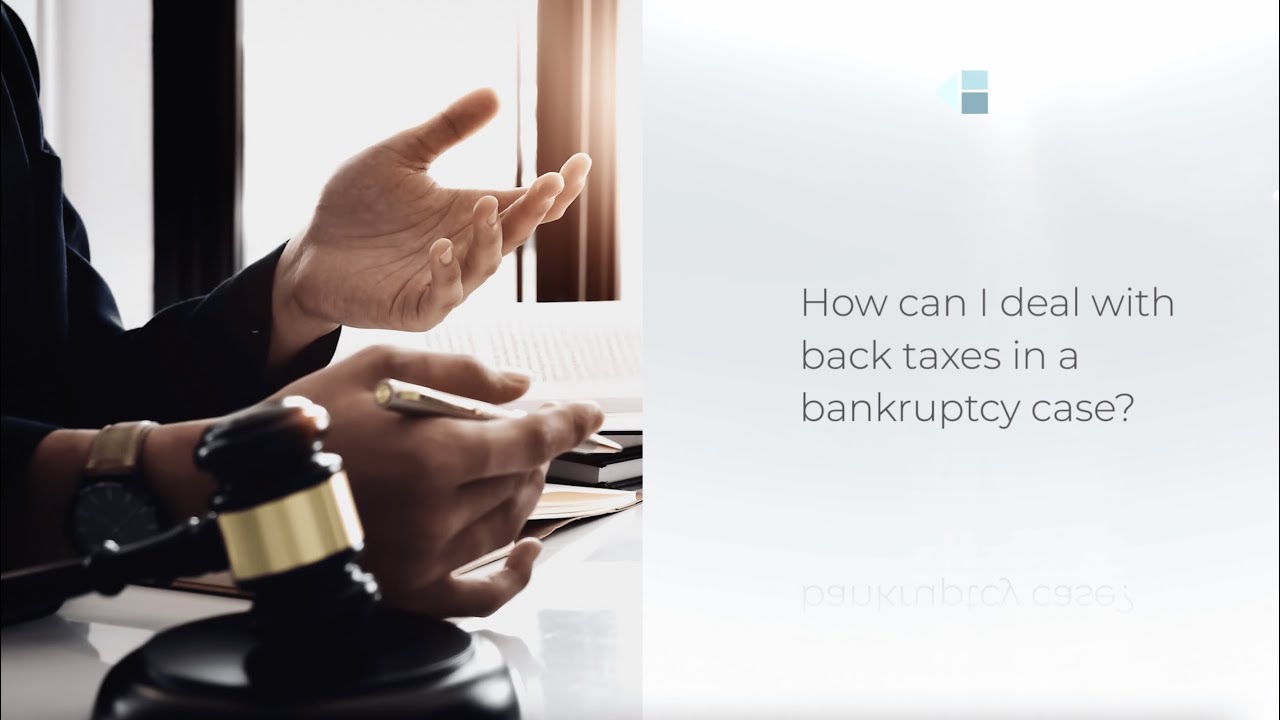Filing for bankruptcy can be a stressful process, especially when you have back taxes weighing you down. However, there’s a silver lining: as bankruptcy attorney Bill Kain explains, certain income tax obligations may be discharged in bankruptcy, whether you go with Chapter 7 or Chapter 13. The prospect of getting rid of some tax debt might come as a surprise to many, but it’s contingent on meeting specific requirements—one of the most crucial being how long ago the tax liability was assessed.
Transcript:
Surprisingly enough, some income tax obligations can be discharged in a bankruptcy, whether it’s a Chapter 7 or a Chapter 13. There are several requirements. The basic one is that it’s been a while since the tax liability was assessed. For most people, the taxes they owe are going to have to be paid. If you’re in a Chapter 7 bankruptcy case, there isn’t any mechanism or provision for payment of taxes in Chapter 7. In Chapter 13, however, you can pay your back taxes without penalty through a three-to-five-year repayment plan. Chapter 13 could be a very useful tool if you owe back taxes.
Contact a Bankruptcy Attorney Today
It’s essential to consult a bankruptcy attorney to understand which taxes can be discharged. Typically, income taxes that are several years old and for which you filed a timely and non-fraudulent tax return may qualify for discharge. In general, payroll taxes and penalties for fraud are not dischargeable. Knowing which taxes can be erased can provide a clearer picture of the financial relief bankruptcy may offer. Contact Kain + Henehan by calling (612) 438-8006 or filling out the online form for help to file for bankruptcy.

